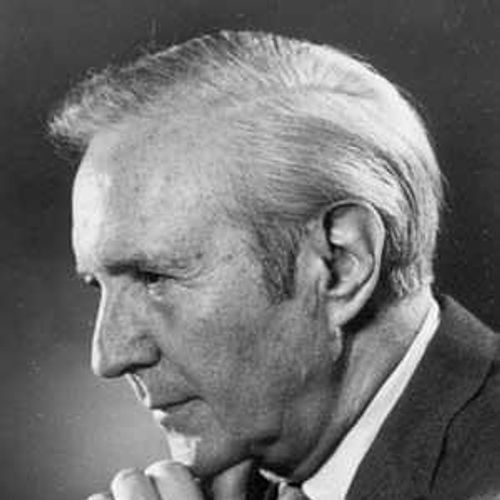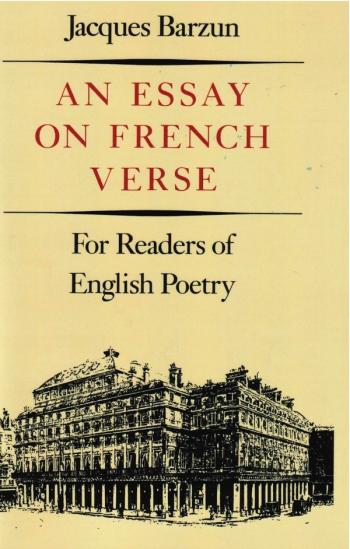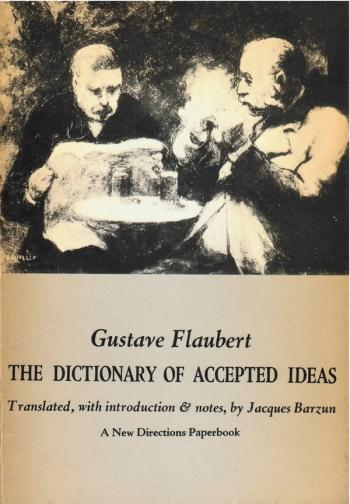In An Essay on French Verse–For Readers of English Poetry, Jacques Barzun addresses the baffling English prejudice against French poetry. Barzun’s many-faceted and entertaining study muses on six hundred years of French verse, its rules and forms and how they evolved. It also has significant sections on the French language itself, its sounds and difficulties; on verse music in language generally; on the character and achievements of the greatest French poets; and finally, on the social and political conditions that encouraged successive innovations, including the prevailing wordwide practice of free verse. The Essay, moreover, draws not only on a lifetime’s reading, but on personal reminiscences as well: of stuffy poetry lessons in the French lycée; of the poet Apollinaire expounding his views on language to amuse the child sitting on his knee; of the author’s great-grandmother telling him about proper French pronunciation, as it was in her youth, eighty years earlier. In sum, Barzun’s book goes a long way toward answering the question posed in 1917 by A. E. Housman to André Gide: How is it that every nation has produced poetry except France?


